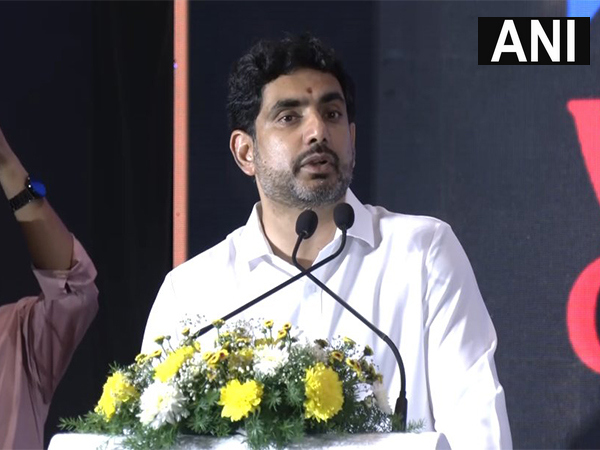Supreme Court favours woman seeking to grant permanent commission
Dec 09, 2024

New Delhi [India], December 9 : The Supreme Court on Monday ruled in the favour of a woman officer and directed to grant her permanent commission.
A bench of justices, BR Gavai and KV Viswanathan, allowed the woman officer Suprita Chandel's plea and set aside the Lucknow Armed Forces Tribunal bench decision dated January 5, 2022.
"What is sauce for the goose ought to be sauce for the gander. If the applicants in O.A. No. 111 of 2013, whom we find are identically situated to the appellant, were found to be eligible to be given a third chance for promotion because they acquired eligibility before the amendment to AI No. 37 of 1978 on 20.03.2013, we find no reason why the appellant should not be treated alike," the top court said.
"We hold that the appellant was wrongly excluded from consideration when other similarly situated officers were considered and granted permanent commission. Today, 11 years have elapsed. It will not be fair to subject her to the rigours of the 2013 parameters as she is now nearly 45 years of age. There has been no fault on the part of the appellant," the top court said.
"On the peculiar facts of this case, and since nothing adverse has been placed on record with regard to the performance of the appellant, in exercise of powers under Article 142 of the Constitution, we direct that the appellant ought to be given a permanent commission," the top court said.
"We direct that the appellant's case be taken up for the grant of a commission and she be extended the benefit of a permanent commission with effect from the same date as the similarly situated persons who obtained benefits pursuant to the judgement dated 22 January, 2014, of the Principal Bench of the AFT," it further said.
"All consequential benefits like seniority, promotion, and monetary benefits, including arrears, shall be extended to the appellant. The above directions shall be implemented within a period of four weeks from today," the SC added.
"The appeal is allowed, and the order of the AFT, Regional Bench, Lucknow, dated 05.01.2022, is quashed and set aside."
The top court noted that the appellant--a woman officer--has continuously worked since 2007 and even as late as October 2017, and she was granted an extension of another four years of service, and she continues to be in service thereafter also on account of the status quo granted by this Court on March 08, 2022.
The woman officer was awarded a Commendation Card by the Chief of Army Staff on January 14, 2019, and has had a distinguished service and is now posted as Lieutenant Colonel in the Army Dental Corps at Agra, the top court noted.
The top court also turned down the submission related to the delay in the appellant approaching the tribunal.
"The appellant has been seeking justice since 2014, and the only delay between 2017 and 2021 after the withdrawal of the earlier applications with liberty was due to the fact that between August 2017 and 2019 she was posted in Arunachal Pradesh, and it was during this time that the appellant made a second representation. Thereafter, the period between March 2020 and January 2021 was on account of the Covid-19 pandemic. In any event, since a clear case of discrimination has been made out, we do not want to non-suit the appellant on the ground of delay. We say so on the special facts of this case," the top court said.
The top court also opined that the appellant is entitled to parity with those applicants who succeeded before the AFT, Principal Bench.
The woman officer has challenged the order of the Armed Forces Tribunal (AFT) Regional Bench, Lucknow, dated Dec 5, 2022. By the said order, the AFT dismissed the application of the appellant and declined her prayer for reliefs similar to the ones granted by the judgment dated January 22 2014 of the AFT Principal Bench. The appellant claimed that those applicants were identically situated with her.
The appellant on 10.03.2008 was commissioned as a Short Service Commissioned Officer in the Army Dental Corps (AD Corps). She was at that time 27 years, 11 months, and 28 days of age.
The regulation, as it then stood, entitled her to three chances for taking up the departmental examination for a permanent commission. It also provided an extension of the age limit.

















